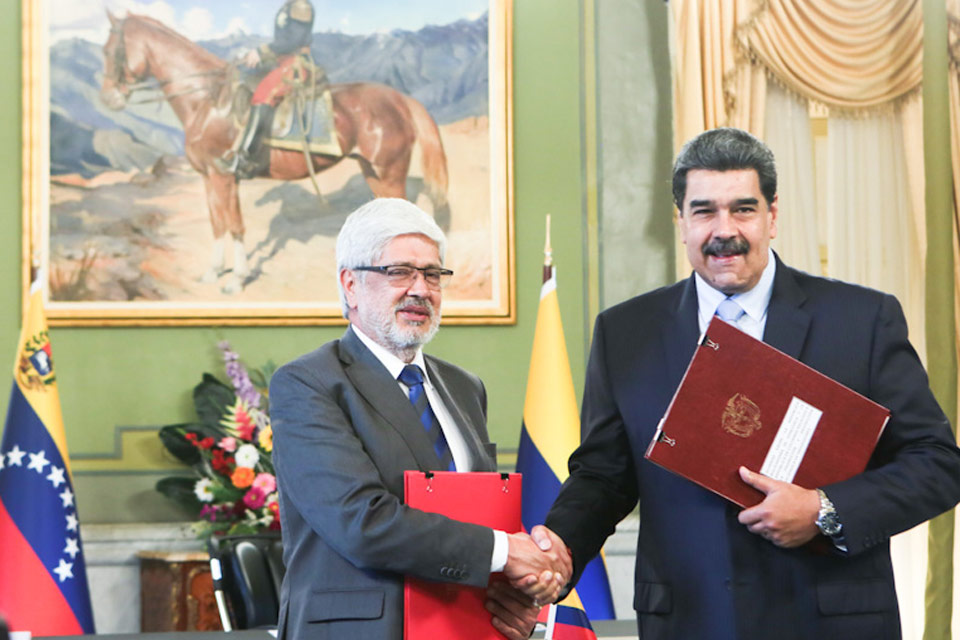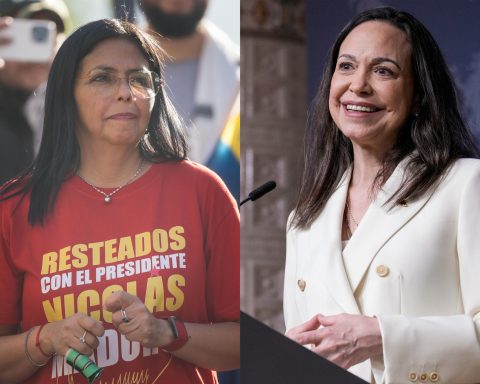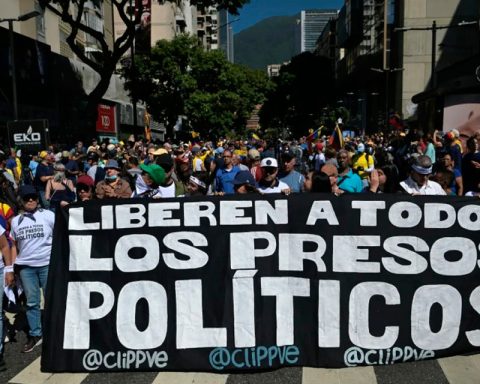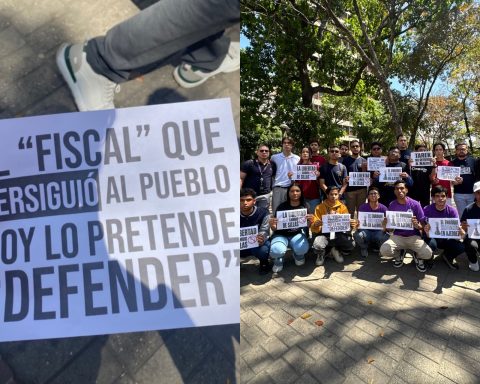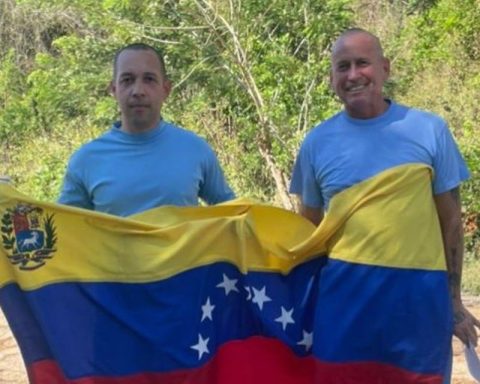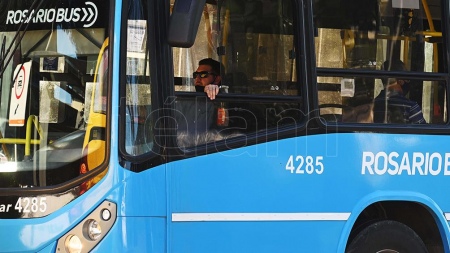The Colombian government sent the Minister of Commerce, Industry and Tourism, Germán Umaña, to sign an agreement with Nicolás Maduro to protect and promote investments that boost trade between Venezuela and Colombia
The Venezuelan president Nicolás Maduro signed an agreement for the “reciprocal promotion and protection of investments” between Venezuela and Colombia this Friday, February 3, in order to strengthen the commercial exchange that both countries reactivated after their rapprochement since September 2022.
In an act led by the Venezuelan ruler with the presence of representatives of the Colombian government led by the Colombian Minister of Commerce, Industry and Tourism, Germán Umaña, the need to establish a free trade zone on the Colombian-Venezuelan border was highlighted.
“We have to think big. What has been a proposal for a binational zone of free trade and free investment, of joint development. It will be a fundamental element for the growth of investments and economic activities between the two countries, with a strong pole between the North of Santander and Táchira », he declared.
The Chavista leader stressed that this would be the first step on a path that aims to restore the commercial union between the two countries, but that it could also set precedents to expand this connection with the rest of the region.
“I believe that this modern agreement points in the right direction for the union and future economic integration of Latin America and the Caribbean. It has the correct concepts and codes. All the institutions that are created here are going to be very useful for investments to circulate”, he highlighted.
This signing occurs after two weeks of meetings between high-level Colombian and Venezuelan officials at technical tables to discuss the structure of the possible agreement, although none of the signatories went into details about the specific aspects contemplated in the document.
*Read also: Conindustria estimates growth in the country due to the agreements with Colombia
According to Umaña, who spoke on behalf of the Gustavo Petro administration, the firm will make it possible to protect and promote investments with clear rules of the game in cross-border operations.
“It is a sign of integration, of industrial and productive complementarity, of services, for the development of joint employment, with clear rules of the game at our borders. You are going to create a new development model. We have carried out an important exercise in the agreements that will allow us to achieve development, sustainability, which will close the gaps in terms of economic, social and productive conditions », he highlighted.
For his part, Maduro stressed that the doors are open to investments, both those that come from Colombia and want to settle in Venezuela, as well as those Venezuelan proposals that wish to trade with Colombia.
“Colombian investments are welcome throughout the economic body of Venezuela. They will be well received. We have to open the floodgates for investment in oil, gas, petrochemicals, tourism, agriculture, agribusiness, industry, logistics and infrastructure,” he said.
Slow reconciliation between Venezuela and Colombia
With this act, a new step is taken in the rapprochement that both countries have resumed after almost four years of breaking diplomatic and commercial relations, due to the fact that the government of Iván Duque, predecessor of Gustavo Petro, granted recognition to Juan Guaidó as president. , which led to a cut between his government and that of Maduro.
The victory of the leftist Petro was a window for both governments to resume relations, which has happened progressively since the reopening of the border that connects Táchira with Norte de Santander, a milestone that occurred in September of last year.
* Also read: Colombia gives until #8Feb to “socialize” vehicle regulations for border crossing
Despite the intentions to resume relations, the results have not been as expected. Only a couple of airlines began to operate direct flights between Colombia and Venezuela, while the commercial flow has not increased significantly, while illegal activities on the border remain.
The agreement is expected to be useful in granting guarantees to private businessmen to increase the flow of binational operations and improve the existing trade balance, which favors Colombia because Venezuela imports a lot but exports little.
Post Views: 431
